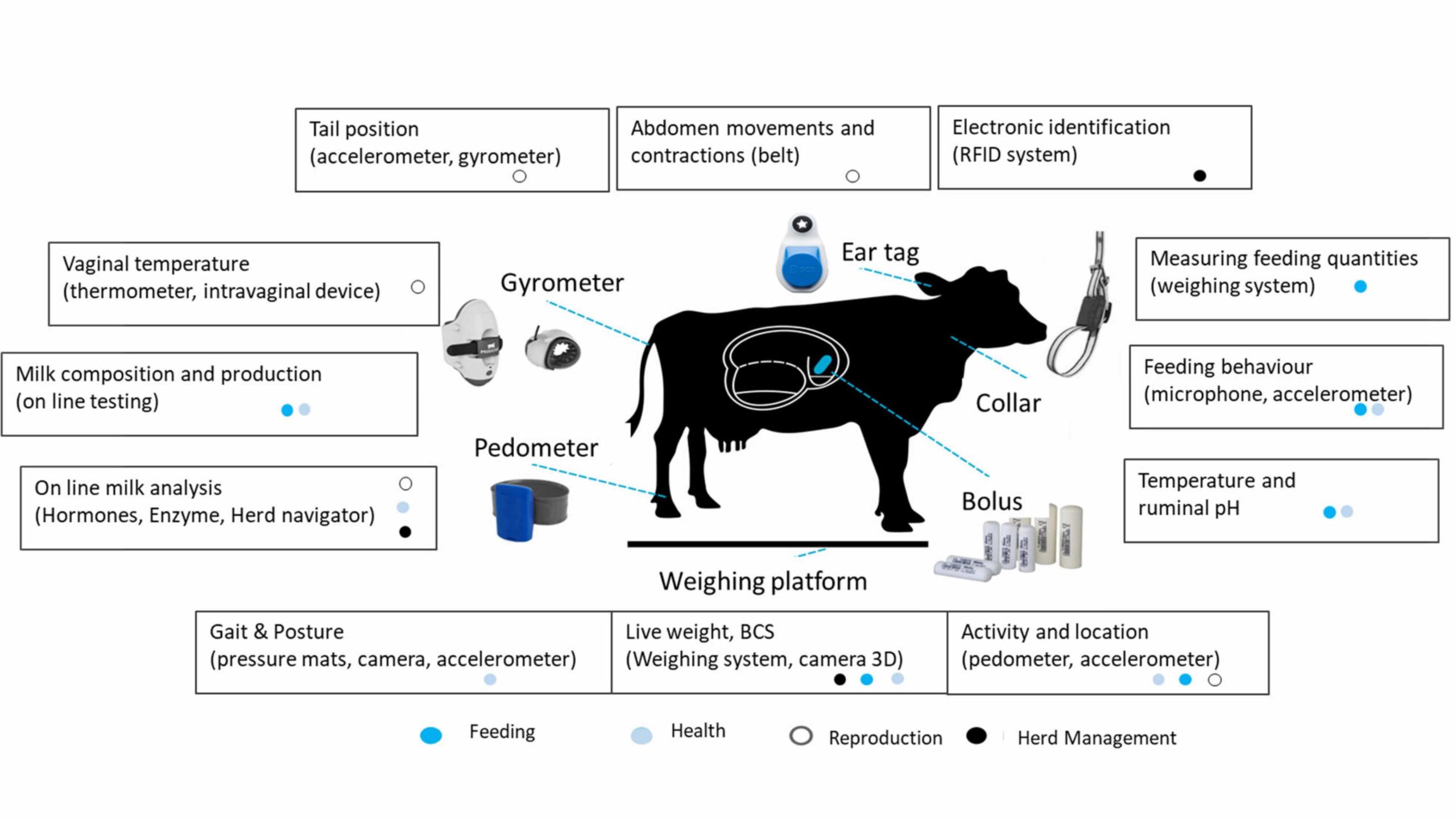Agriculture in sub-Saharan Africa continues to underperform despite its vast potential, as production struggles to keep up with population growth, primarily driven by unsustainable land expansion rather than productivity gains. For example, in Kenya, maize yields have stagnated at around 1.5 metric tons (MT) per hectare since the 1990s, compared with 3.6 MT in India and 6.4 MT in China in 2022.
Limited adoption of modern technology lies at the heart of the problem. But there is growing optimism that digital solutions can help lower the cost of providing and accessing agronomic advice, quality inputs, and lucrative markets for farmers.
The first in a World Bank blog series, this post introduces a new innovative 5-year research program analyzing the effect of digital farming services (DFS) on farm productivity and jobs in Kenya.
Silicon Savannah
Transaction costs in sub-Saharan Africa are notoriously high, resulting in low availability of seeds, equipment, fertilizers, and capital and making it hard for farmers to sell their produce. These different challenges often also occur at once, preventing them from adopting new techniques and technologies.
Digital technologies can reduce transaction costs and help input providers, financial institutions and buyers connect with farmers, lifting them out of their isolation. The technologies are especially promising in Kenya, dubbed the “Silicon Savannah,” where a recent influx of funds has created a multitude of digital farmer services.
Weather and market information can be accessed at farmers’ fingertips. Technical advice is a message or phone call away. Procuring inputs, hiring a tractor, or sourcing a buyer can be as easy as ordering a car on Uber. In person, “agripreneurs” can provide on-demand advice to farmers without cellphones. They can also assist in bundling solutions that tackle the multiple constraints at once.
Does hype match reality?
A national phone survey by 60 Decibels, an impact measurement company, suggests the penetration of digital farming services (DFS) in Kenya is growing among farmers with phones, but their impact is still limited. While 56% of all respondents used some form of DFS (mostly for accessing information and advice), only a quarter of the users—i.e., 15% of all farmers—reported meaningful use, defined as usage they felt had a positive impact.
In addition, farmers perceived DFS to be slightly more convenient than analog alternatives, though not necessarily faster or trustworthy. Low willingness to pay for digital technologies is one reason why DFS firms struggle to scale beyond the pilot phase.
Overall, digital farming services are still relatively new, and their ultimate benefits to farmers largely unproven. Many rely heavily on subsidies from governments and donors. Their true potential will remain unclear until more detailed and rigorous information emerges regarding the value they generate for farmers—either directly to farmers or through cost and price reductions in service delivery.
Action learning
The recently-launched study on digital agriculture and jobs in Kenya, supported by the Bill & Melinda Gates Foundation and conducted by a consortium of researchers at IFPRI, Michigan State University, Wageningen University, and the World Bank, assesses digitally-enabled agricultural ecosystems and their capacity to accelerate the adoption of technology, as well as productivity and employment.
The study operates under the World Bank-supported National Agricultural Value Chain Development Project, which promotes the development and use of DFS to increase farmers’ productivity and link them to markets, including through the deployment of agripreneurs.
The research innovates in two significant ways. First, the program uses “action learning,” an approach that mixes theory and practice and balances rigor with relevance and responsiveness, offering actionable insights for project managers, development partners and policy-makers as the research unfolds.
Second, methodologically, the program takes a holistic approach, extending beyond the farm to examine digital technologies across the entire agricultural ecosystem, and employing diverse methods—from landscape mapping and large-scale randomized controlled trials to value chain studies and econometric analyses.
Stay tuned for our next post, which will delve deeper into the agripreneur model and feature emerging insights on the factors affecting the model’s performance.
Michael Keenan is an Associate Research Fellow with IFPRI’s Development Strategies and Governance Unit, based in Nairobi, Kenya; Erwin Bulte is a Professor of Development Economics at Wageningen University; Luc Christiaensen is the World Bank Lead Agricultural Economist, Eastern and Southern Africa; Thomas Reardon is a University Distinguished Professor at Michigan State University and a Non-Resident Senior Research Fellow with IFPRI’s Markets, Trade, and Institutions Unit; Hannah Reed is Senior Officer for Insights and Learning, Agricultural Development, Bill & Melinda Gates Foundation. This post first appeared on the World Bank Agriculture & Food Blog. Opinions are the authors’.







